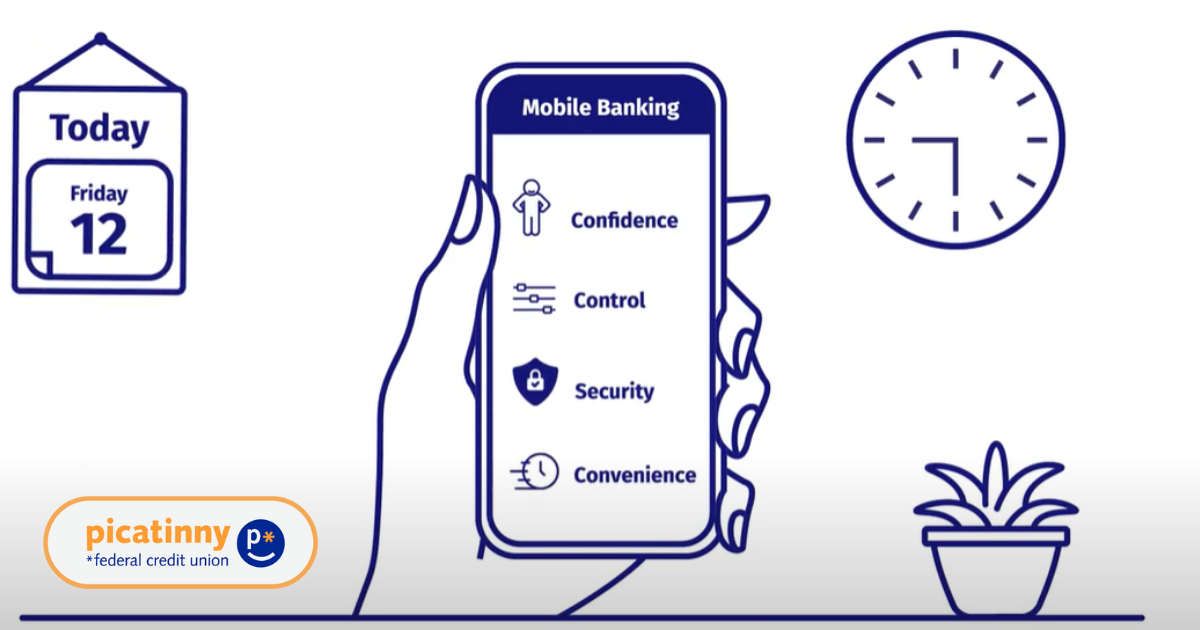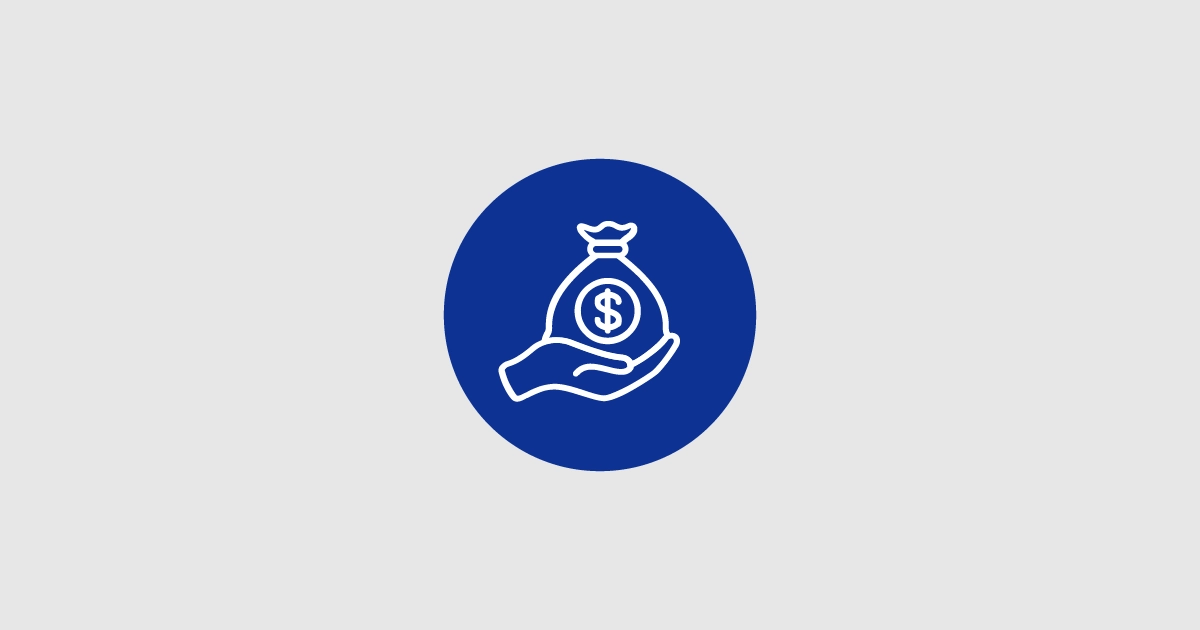Understanding your Credit
If you’ve recently learned that your credit score isn’t that great, try not to fret. There are plenty of reasons for this and some you can’t control, like unemployment or illness. No matter what your situation, you can begin to turn your credit around right now.
Make sure your credit history’s error-free.
Go to annualcreditreport.com and download your Transunion®, Equifax® and Experian™ credit histories. Go through each one and look for errors, such as late payments that were made on time, or data that doesn’t belong to you. Be sure to provide proof of an error, such as a canceled check or bank statement, when you ask for corrections.
If an unpaid account has been passed to a collections agency, you may be able to contact the agency and ask to have this removed from your report. If you negotiate a repayment plan, make sure the agency will revise your credit history. Generally, any debts over seven years old will “fall off” your credit history, with or without a payment plan.
Consider a secured credit card.
If you’re digging your way out of a challenging situation, consider applying for a secured credit card. These require a cash deposit that’s usually equal to the card’s credit limit. Using this card responsibly and paying balances in full each month will help you build a better credit score.
Click the link below to access a printable PDF:









